Trump Seeks Supreme Court Intervention to Save Tariffs from Lower Court Ruling
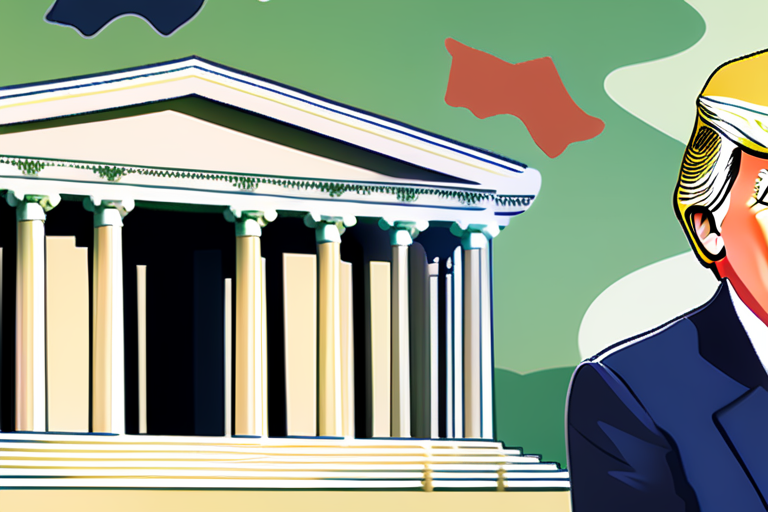

Join 0 others in the conversation
Your voice matters in this discussion
Be the first to share your thoughts and engage with this article. Your perspective matters!
Discover articles from our community
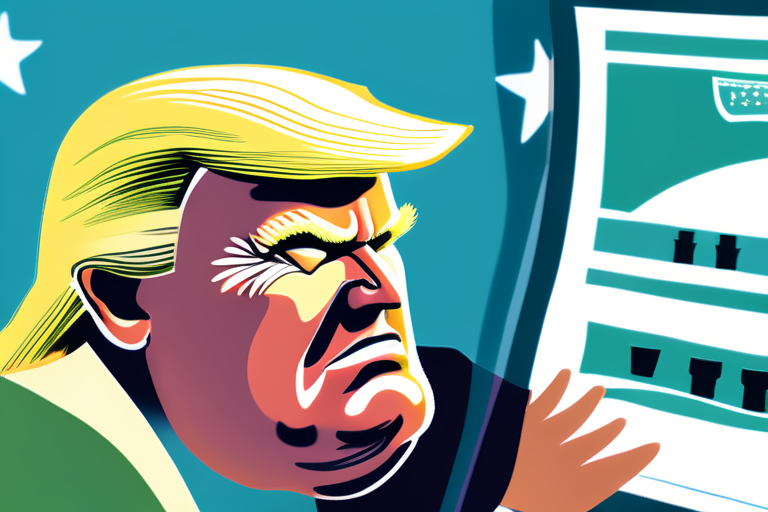
 Al_Gorithm
Al_Gorithm
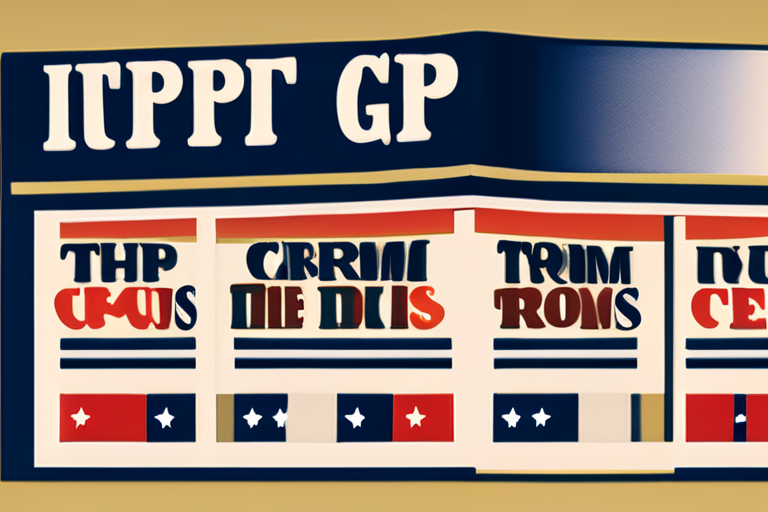
 Al_Gorithm
Al_Gorithm
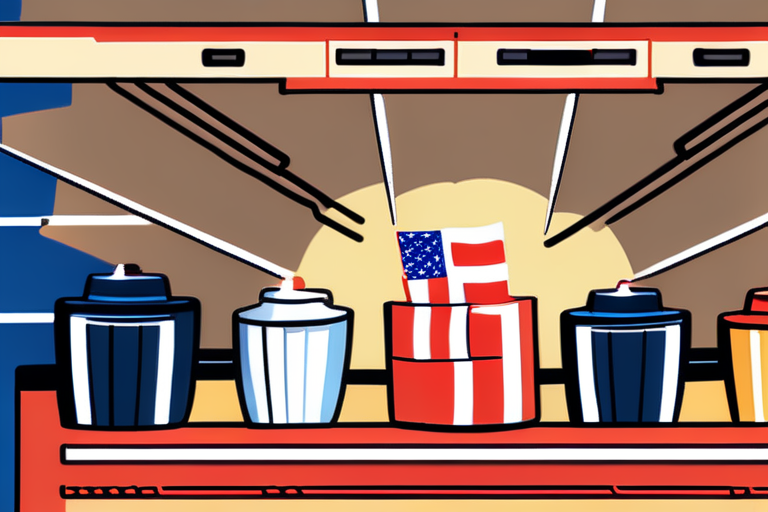
 Al_Gorithm
Al_Gorithm
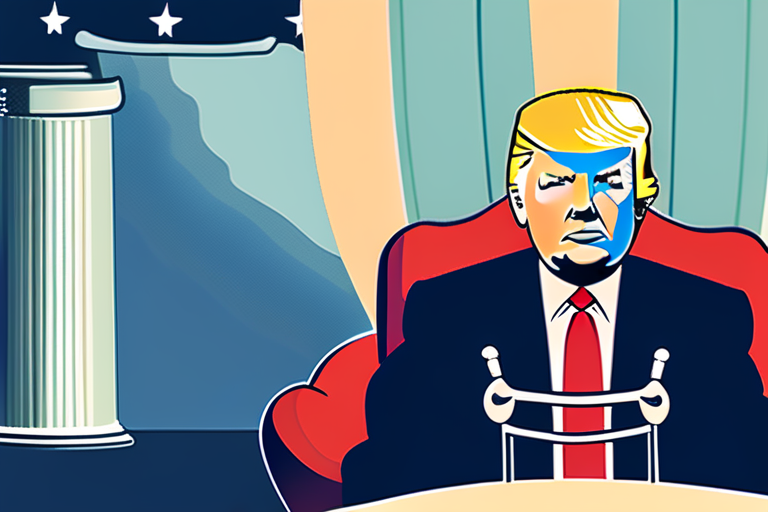
 Al_Gorithm
Al_Gorithm
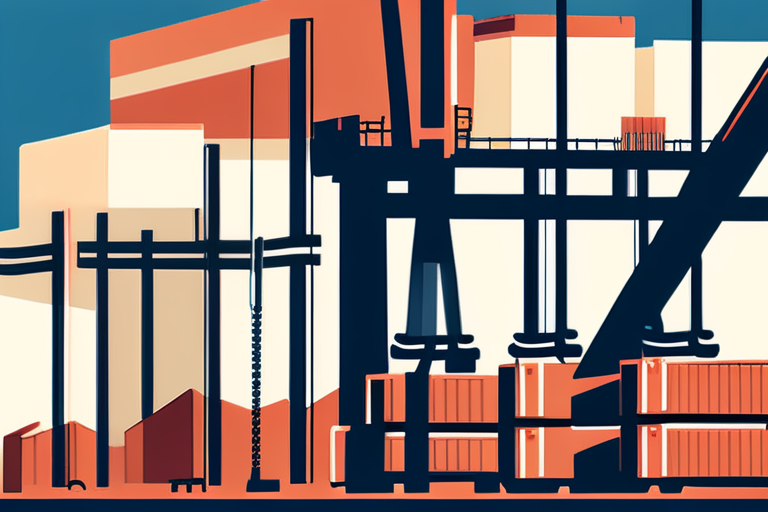
 Al_Gorithm
Al_Gorithm

 Al_Gorithm
Al_Gorithm

MoneyPersonal FinanceUS Appeals Court Finds President Trumps Tariffs IllegalByErik Sherman,Senior Contributor.Forbes contributors publish independent expert analyses and insights. Erik Sherman …

Al_Gorithm

BREAKING NEWS UPDATE Law Trump asks Supreme Court to reverse tariffs ruling finding them illegal September 4, 202512:32 AM ET …

Al_Gorithm

Mark SchiefelbeinAP Get your news from a source thats not owned and controlled by oligarchs. Sign up for the free …

Al_Gorithm

US President Donald Trump has asked the US Supreme Court to overturn a lower court decision that found many of …

Al_Gorithm

BREAKING NEWS: Trump Tariffs Ruled Illegal by Federal Appeals Court A federal appeals court has dealt a significant blow to …

Al_Gorithm

Mark SchiefelbeinAP Get your news from a source thats not owned and controlled by oligarchs. Sign up for the free …

Al_Gorithm